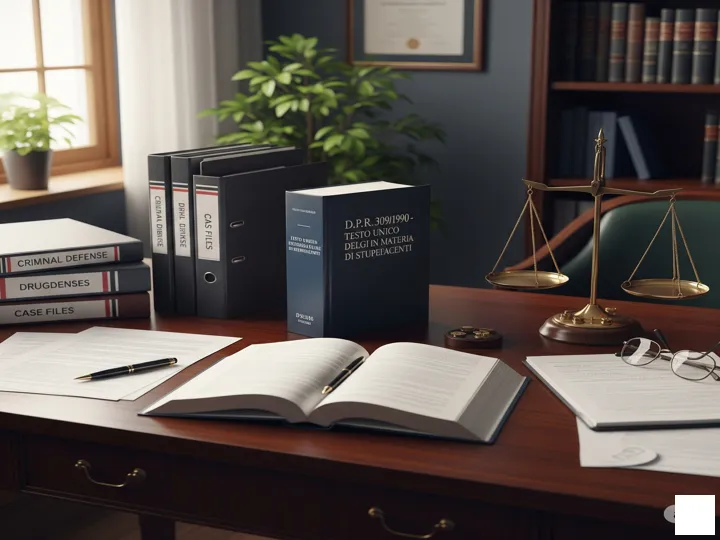The European Arrest Warrant (EAW) is a judicial cooperation tool introduced in the European Union (EU) in 2002 with the aim of simplifying and speeding up the surrender of a person suspected or convicted of a crime from one EU member state to another.
This article will explore the workings of the European Arrest Warrant, the rights of the EAW recipient, and the consequences that occur if the recipient is not surrendered.
How does the European Arrest Warrant work?
The EAW procedure replaces the old European extradition procedure, which was considered too lengthy and complicated.
The competent authority of an EU member state can issue the European Arrest Warrant, and it is valid in all other member states. It is used to arrest and surrender a person suspected or convicted of a crime to another member state.
If a person is suspected or convicted of a crime in a specific EU member state and is located in another member state, the first state can issue an EAW to arrest and surrender the person to its territory.
The EAW must be transmitted to the judicial authorities of the executing member state, which must carry it out within a maximum period of 60 days from the receipt of the request.
If the judicial authorities of the executing member state fail to execute the EAW within this timeframe, they must provide justification to the judicial authority of the issuing member state.
What happens after the issuance of the European Arrest Warrant?
The person suspected or convicted of a crime is arrested by the authorities of the executing member state following the issuance of the European Arrest Warrant.
They must be informed of the reasons for the arrest and the rights to which they are entitled, including the right to a defense.
The arrested person also has the right to be assisted by a lawyer, who can appeal the arrest decision before the judicial authorities of the executing member state. If the arrested person does not have the financial means to pay for a lawyer, the judicial authorities of the executing member state provide a court-appointed lawyer.
After the arrest, the person must be surrendered to the authorities of the issuing member state within a maximum period of 10 days. If the judicial authorities of the executing member state do not surrender the person within this time frame, they must justify the reason for such non-surrender to the judicial authority of the issuing member state.
What are the rights of the recipient of the European Arrest Warrant?
The recipient of the European Arrest Warrant has several rights. Firstly, they have the right to be informed of the reasons for the arrest and to have access to a lawyer. Additionally, they have the right to appeal the arrest decision.
The recipient also has the right to obtain information about detention conditions and to be treated humanely and respectfully. If the person subject to the EAW is a citizen of an EU member state different from the issuing one, they have the right to receive consular assistance from the authorities of their member state of origin.
Finally, the recipient has the right to be tried in accordance with their rights and guarantees provided by the law of the member state in which they are detained.
What happens if the recipient of the EAW is not surrendered?
If the recipient of the European Arrest Warrant is not surrendered, the following scenarios may occur:
- the person subject to the EAW is not arrested if they are in a member state other than the issuing one, as the warrant has no effect;
- a request for an extension of the surrender deadline or a new issuance of the European Arrest Warrant may be submitted if the person is arrested but not surrendered within the established time frame;
- if the recipient of the EAW is surrendered to the authorities of the issuing member state, but the latter does not decide to proceed with the trial, the person must be released.
In conclusion, the EAW is a crucial judicial cooperation tool within the EU that simplifies and speeds up the surrender of a person suspected or convicted of a crime from one EU member state to another. The EAW also ensures the rights of the recipient and provides procedural guarantees for compliance with the law.
However, the European Arrest Warrant is not immune to criticism, as it can sometimes lead to abuses or acts of injustice. For this reason, it is important for the EU to continue working on improvements.
Our defense
If you are involved in an investigation or need legal advice for any reason, contact us immediately on WhatsApp. We are here to defend your rights and protect your freedom. With our legal support, you can be assured of having an expert team ready to defend your interests and find the solution.
Photo by Gerd Altmann







